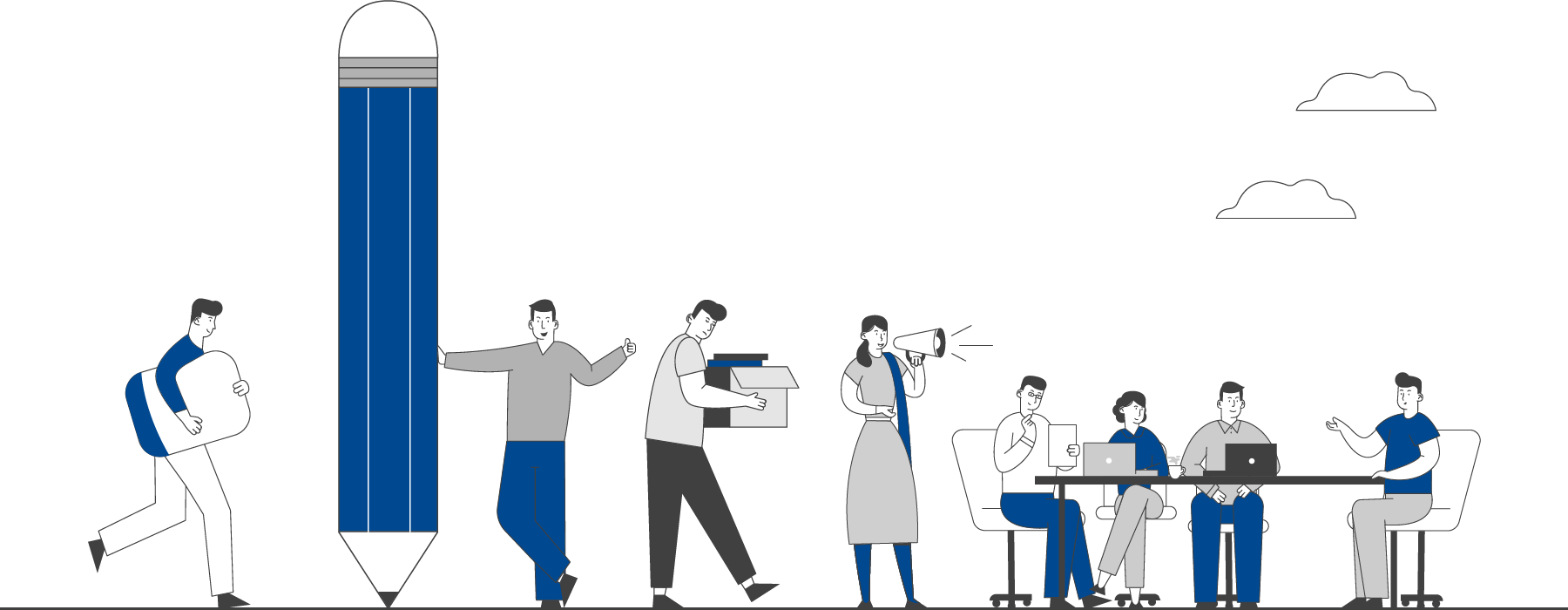

Browse this section for recent public health research and data from India and the world.
Evidence
FILTER
BY CATEGORY
View All
Adolescent Health Programming in India
12 Aug 2021by A Barua, K Watson et al 20 MIN READ
Government of India committed to strengthening its programs and systems for adolescents through ARSH followed by RSSK programs. The WHO undertook a rapid review of these two programs at the national level and in four states. The objective was to identify and document lessons learnt in relation to four domains of the programs i.e. governance, implementation, monitoring and linkages, that could be used to enhance current and future adolescent health programming in India. A rapid programme review methodology was used to gain an overview of the successes and challenges of the two adolescent health programs. Data showed that the ARSH Strategy put adolescent health on the agenda, though insufficient human and financial resources were mobilised to ensure maximum impact. Under RKSK, significant investment was made in adequate management structures, as well as in community engagement and clinical service delivery at all levels of the health system. The findings of this review present an opportunity for the government, policy makers and its partners to ensure that future investment in adolescent health programming continues to be framed around lessons learnt across India. Click here to read the review.


 EXPLORE DATA
EXPLORE DATA 



























